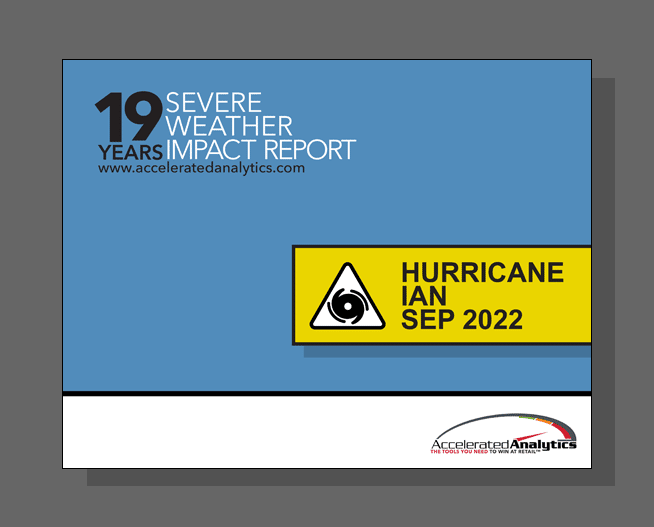Luxury retailers have historically been considered immune to the challenges of mass-market chains, like declining foot traffic and endless price wars, but that no longer appears to be true. High-end retailers are learning that even wealthy customers are hunting for better deals and selection empowered by the pricing and supply transparency of an omni-channel marketplace.
 “In the past, women had loyalty to a particular department store, and they would come in with a page torn from the retailer’s catalog and say, ‘I want that look,” said Robert Burke, the former fashion director of Bergdorf Goodman who now runs his own consulting firm.
“In the past, women had loyalty to a particular department store, and they would come in with a page torn from the retailer’s catalog and say, ‘I want that look,” said Robert Burke, the former fashion director of Bergdorf Goodman who now runs his own consulting firm.
According to global management consulting firm Bain & Co., sales of personal luxury goods such as apparel and handbags fell 1% last year, the first decline since 2009.
Few are feeling the heat like luxury retailer Neiman Marcus, which holds nearly $5 billion in debt. When Neiman Marcus opened its first store in Dallas in 1907, they built their brand catering to the wealthy.
“Our mantra had always been, ‘There is nothing too expensive for our customer,” one former executive said.
Neiman Marcus routinely increased average prices by 7% – 9% annually until 2015. But the model of lifting profits by simply raising prices has fallen out of fashion. The same strategy has been common among many luxury retailers giving consumers little choice because distribution of high-end goods was tightly controlled by the brands. And until recently, few luxury goods were sold online giving brands tighter control of pricing.
“One of the tricks to luxury is price discipline,” said Aaron Cheris, the head of Bain’s retail practice for the Americas. Shoppers pay full price, he said, when they can’t “get stuff for less.”
But competition from online and discount retailers, where prices change rapidly to remain competitive, is forcing discounts and forcing change to remain competitive.
In today’s WSJ Logistics Report, author Paul Page wrote that luxury retailers need to “look for ways to lower production and distribution costs, use data in a more sophisticated way and follow their customers in displaying a new kind of discipline in pricing.”
Accelerated Analytics provides POS reporting and analysis for several luxury brands like Bvlgari, Chanel, Oscar de la Renta and more, who sell through luxury retailers like Neiman Marcus & Bergdorf Goodman. You can learn more about our expert data and analysis solutions for fashion and beauty vendors on the solutions pages of our website.
Sources: wsj.com, WSJ Logistics Report
To subscribe to our weekly news updates and have our content delivered directly to your inbox each week, enter your e-mail address at the bottom of our Home page.


